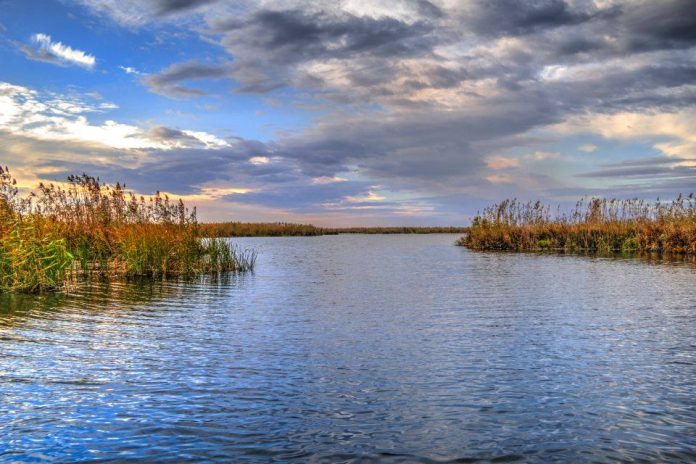The Sulina Free Zone Administration (AZL) will lease, at the end of this year, a first plot of land in the area it manages and wants to attract non-polluting investments in the area, so that the former foreign trade enterprise becomes the engine for the development of a zero carbon footprint port.
To achieve this goal, Sulina AZL started two projects on European funds for the redevelopment of the two port basins that it owns and wishes to attract funding through „The Monuments Stamp” project for the restoration of heritage buildings that it owns.
AZL director Dragos Ionita says not only the town of Sulina, but the entire country will gain from this project, pointing out that through the investments to be concluded at the end of next year in the Sulina Free Zone, the most eastern town of the European Union will be able to draw at least 3.5 million tonnes of merchandise from the non-European space.
„We have identified with the European Bank for Reconstruction and Development the possibility of co-opting companies that have their headquarters in Sulina, so that the taxes they would have to pay to the state budget reached part of the Sulina community,” said Dragos Ionita.
In the context, the director of Sulina AZL brought to mind that the institution he heads also owns heritage buildings that need to be restored, including the office of the ‘The Father of the Danube,’ Charles Hartley, and mentioned that the buildings could become the headquarters of companies that will operate in the perimeter of Sulina AZL, in the context in which access to AZL is allowed only under certain conditions.
The investments are exclusively aimed at promoting non-polluting projects, Ionita further explained.
„We want to set up a park of photovoltaic panels with which to produce energy, energy that we will use to obtain active hydrogen, water electrolysis. Active hydrogen in the Danube Delta, on the Sulina canal, means zero pollution,” Ionita said.
Moreover, as early as 2021, within the international symposium „Deltas and wetlands,” organised by the Danube Delta National Research Institute, specialists announced the launch of the 3D Initiative – Decarbonisation of the Danube Delta, which aims to transform the Danube Delta into a green hub using only renewable energy.
The Sulina Free Zone Administration, the successor of one of the first free ports on Romania’s current territory recognised by international treaties, was established in 1978, under the Ministry of Foreign Trade, in a period when the Romanian state, a member of the Council for Mutual Economic Assistance, could not trade with states outside the communist bloc.
After the fall of the communist regime, Sulina AZL was subordinated to the Ministry of Transport until 2009, when it passed under the authority of the County Council, which deemed the corporation as unprofitable.
At present, the two perimeters of the Sulina Free Zone Administration cannot be used by ships, and the value of investments made from European funds for putting the sea basins into operation is over 220 million lei, with works expected to be completed by the end of next year.
A free zone is a geographical region belonging to one or more countries in which economic relations are developed without any restrictions from the state on whose territory the activities take place, created to develop the areas in question.
AGERPRES




